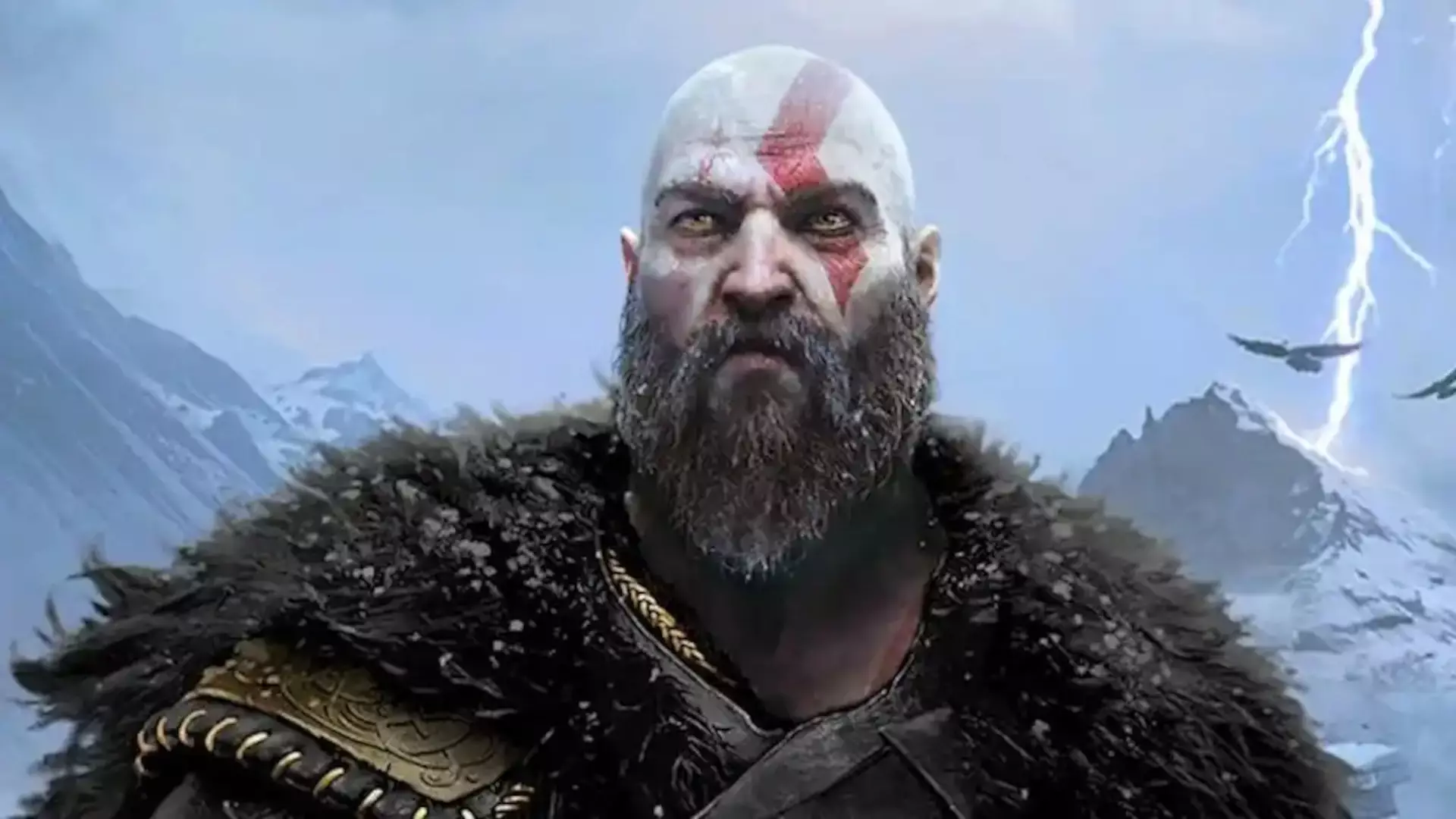The arrival of the Nintendo Switch 2 has certainly generated buzz across the gaming landscape. Enthusiasts and critics alike are eager to see how this new console will impact the industry; however, the question remains: does it genuinely challenge the might of Sony’s PlayStation 5? Hideaki Nishino, the president and CEO of Sony Interactive Entertainment, recently addressed these concerns during a business meeting, and his response reveals not just confidence but a robust strategy that distinguishes PlayStation from its competitors. In a landscape already brimming with multi-platform games, Sony seems to assert its dominance unapologetically.
Elevating the Gaming Experience: PS5’s Distinct Vision
Nishino articulated Sony’s approach by emphasizing that competition fuels innovation, which is a claim that holds true in any industry. However, he quickly pivoted to highlight the unique features and immersive experience the PS5 is designed to deliver. The console is not merely a step up in graphics; it’s a holistic approach towards gameplay that encompasses the innovative DualSense controller. This level of craftsmanship is what sets the PS5 apart, and it appears that Nishino believes that only hardware capable of superior performance can deliver the utmost gaming experience on larger screens—a bold yet decisive claim that resonates with serious gamers.
In an age where a growing number of games are being released across multiple platforms, Nishino made an important assertion: the PS5 should be the preferred console for creators aiming to reach a broad audience. The messaging is clear that PlayStation is not just about selling consoles but about fostering an ecosystem that enables developers to craft outstanding and commercially successful titles. As Nishino pointed out, “We have empowered our creators,” which may very well be the key to maintaining a competitive edge.
Exclusive Titles: Building Community and Brand Loyalty
When discussing the world of exclusive titles, it’s hard to overlook the enormous success of franchises like “God of War” and “The Last of Us.” These games have not only created a devoted fanbase but have also carved out a niche that appeals to older gamers, contrasting starkly with Nintendo’s extraordinary universe housing beloved characters like Mario. Hermen Hulst, head of PlayStation Studios, adds further dimensions to the conversation by expressing their commitment to cater to a wider demographic. With titles like “Marvel’s Spider-Man” and “Horizon,” Sony’s strategy seems aimed at capturing a diverse range of players. While the PlayStation caters to seasoned gamers, it is also making strides to connect with the younger audience. The success of “Astro Bot,” which bridges gaps between children and adults, underscores this philosophy.
The Reality of Console Choice: It’s Personal
In the world of gaming, each platform has its pros and cons, creating a space ripe for passionate debate among consumers. The Nintendo Switch 2 excels in its portability, allowing players to enjoy gaming experiences on the go. Contrastingly, the PS5 looks to establish itself as the go-to console for cinematic experiences at home. The choice ultimately boils down to preference, and both systems present compelling arguments for why they may be the right fit for different players.
While the allure of Mario Kart remains exclusive to Nintendo’s library, the absence of titles like “The Last of Us 3” on Nintendo’s platform isn’t something to be dismissed lightly. Each console has carved a niche, and recognizing the strengths and weaknesses of each reveals a more layered understanding of what gamers prioritize. As game developers increasingly look to harness multi-platform opportunities, Sony’s unwavering commitment to exclusive content may ultimately yield loyal players dedicated to the PlayStation brand.
In an industry defined by rapid evolution, both the PS5 and Nintendo Switch 2 serve distinct roles while pushing boundaries in unique ways. Through its focus on immersive experiences, Sony’s signature experiences, and multi-platform availability, it’s clear that the gaming arena has never been more vibrant—or competitive.


Leave a Reply